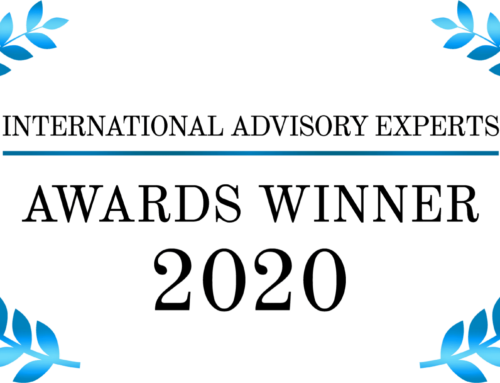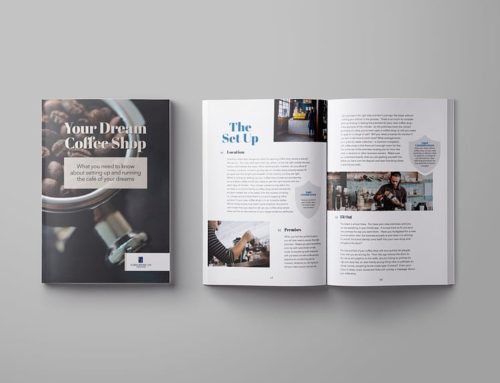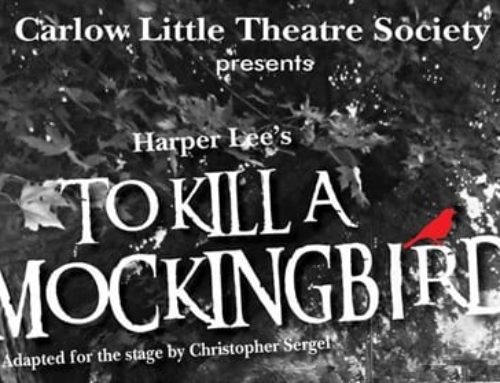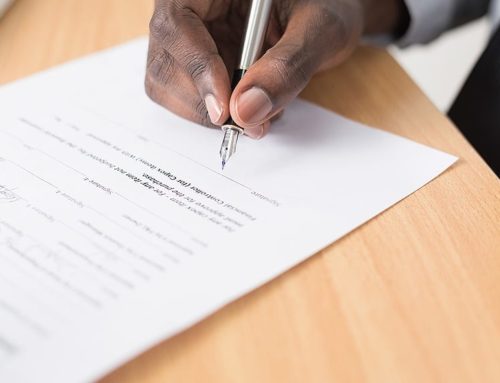 Whether you engage in sport as a pastime or professionally and as a way of paying your mortgage, you will know that disagreements are simply par for the course. Passion and competitiveness are components necessary to succeed in sport but they are also the perfect ingredients for a row! But what happens when disagreements or rows turn into something more serious?
Whether you engage in sport as a pastime or professionally and as a way of paying your mortgage, you will know that disagreements are simply par for the course. Passion and competitiveness are components necessary to succeed in sport but they are also the perfect ingredients for a row! But what happens when disagreements or rows turn into something more serious?
Sport at its core is about not only skill but honesty and integrity. When reputations are called into question, particularly in regard to honesty, it is simply not enough to deny those allegations. The old Irish adage of there being no smoke without fire needs to be completely removed as a possibility. So what options do you have? Traditionally legal avenues were the only option available to reach a compromise and clear your good name. Possible injunctions were the only avenue to prevent a club or sporting body taking a particular action such as suspension, disciplinary hearings etc. solicitors letters fly in order to intimidate or force retractions and even then “you only got your apology because the solicitors bullied it out of the club”.
Cost is obviously a very important consideration when sporting disagreements arise. The legal avenues are expensive and traditionally, long running. The cost of obtaining an injunction for example would be prohibitive to most amateur sports people, and indeed many professionals. And what happens if you are not successful in your legal action? Not only will you have your legal costs to pay but most likely, you will have the costs of the club or sporting body to pay also. It is the ultimate sporting gamble but some might say that you can’t afford not to protect your reputation in sport.
For amateur sports enthusiasts, honesty and integrity are a reflection of your work life. A cheat in sport, a cheat in business. Action to protect your reputation is simply a must. For professionals, such allegations are ultra serious as they directly affect an individuals ability to earn a living and reputation protection is not so much an option as it is a must.
The disagreements need not be as serious as a false allegation. In my experience representing both amateur and professional sports people and indeed clubs and governing sporting bodies, disputes leading to legal actions can range from a parents child not being picked on a particular team to perceived unfair selection criteria to disciplinary matters for misconduct and right up to disputes with sponsors. Regardless of the nature of the dispute, the only certainly is that the only winners are not the sports people but the lawyers.
Legal actions, all be they necessary in certain situations have one major drawback apart from cost. If proceedings are issued to prevent a club, for example, from proceeding with a certain course of action, you might be successful and you might even be awarded your costs, but what damage has it done to your relationship with that club? Can you remain on as a member? If you are a professional, will team selectors view you as a trouble maker? Will sporting bodies overlook you as a form of “payback”? Will sponsors be deterred?
Mediation provides a very modern and private dispute resolution process. It is cost effective and certainly proving to be very effective within the sporting world. In situations where reputations are called into question, mediation can provide a private forum to deny allegations and provide proof as to the false nature of same, letters of retraction or apology can be agreed to ensure reputations remain intact. Best of all, relationships are maintained through this process.
Unlike the legal process, Mediation is for a start, non-adversarial. The process is more focused on a joint agreeable outcomes rather than a winner and a looser. It is about finding a fair outcome that maintains the relationship and in some situations, strengthens that relationship. Although lawyers are frequently involved, a good mediator will ensure that the process does not distend into threats and aggression. The other particular advantage that mediation holds over the traditional legal processes is that it is more private. Letters of apology or retraction of comments can be produced without any one knowing that mediation has happened. These will always be looked upon as more genuine retractions or clarification over and above the ones “forced by lawyers”. Of course the other aspect to privacy is that it acts as a form of damage limitation. Publicising a false allegation by placing it in the public forum of court only serves to highlight it thus perpetuating the issue. This is obviously a particular problem for professional sports people given the medias constant attention.
And what about cost? Well there is no doubt that mediation is significantly more cost effective than the legal route. Fixed fees can be agreed with mediators in advance of the process so costs don’t spiral out of control as they often and sadly do in the legal process.
At the end of the day, people involved in sport want to play sport and not be involved in costly and complex legal battles. They are there to win in their chosen field not the courtroom. In this Solicitor’s opinion, mediation is the future for dispute resolution in sport. For the amateur it represents a sensible, affordable and fast alternative to resolving difficulties that arise. For the professional it keeps the matter private and away from the media. And dirty linen aired in private is dirty linen that potential sponsors won’t be put off by or indeed know about.
Of course mediation won’t always provide a resolution to the problem but at worst it will get the real issues out on the table. It allows sensible people reach sensible compromises without making the lawyers rich!
As every sports person knows, the only way to win is to properly conserve energy. Don’t waste yours running around the four courts.
© Victor Clarke 2013.
Victor Clarke is the managing partner in Clarke Jeffers &. Co Solicitors and specialises in sports law and sports mediation. Contact victor at victor@clarkejeffers.com






